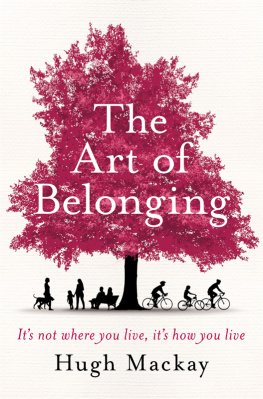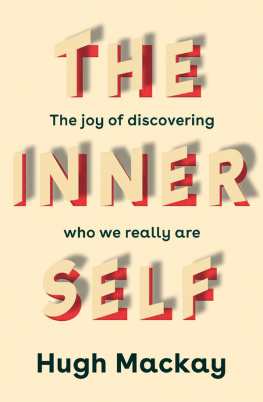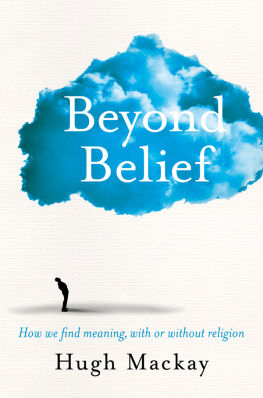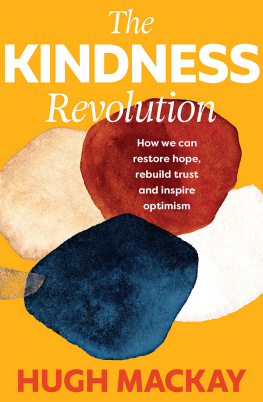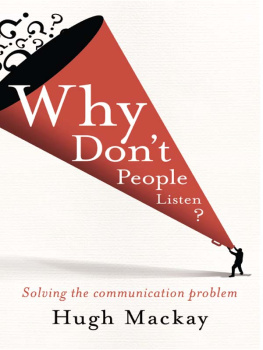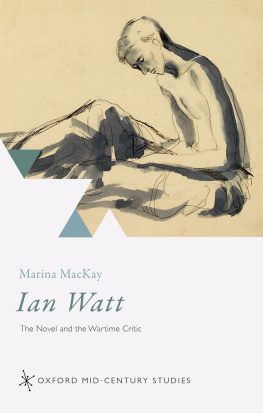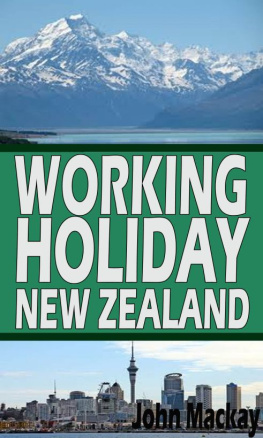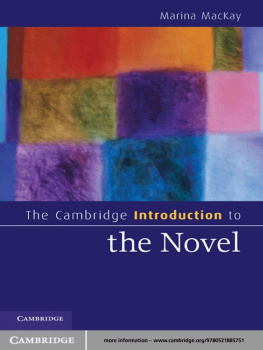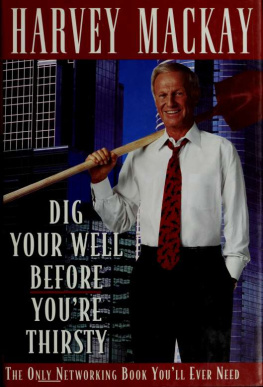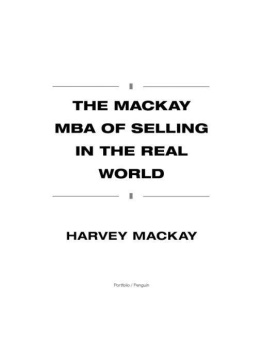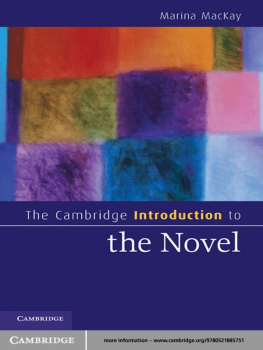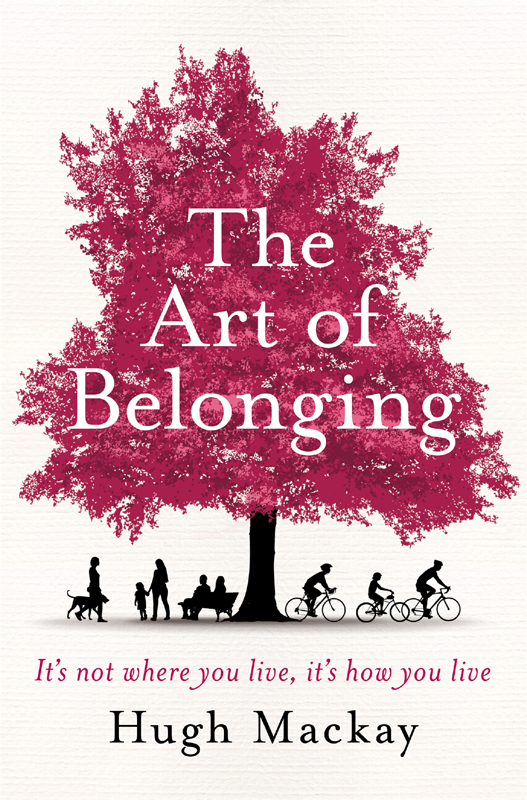About The Art of Belonging
The eternal question Who am I? must be weighed against an even deeper question: Who are we? We are writing each others stories as much as we are writing our own.
In his bestselling book, The Good Life, Hugh Mackay argued that kindness and respect for others are the hallmarks of a life well lived. Now in The Art of Belonging Mackay shows how strong communities develop our moral sense and build our emotional security he says that as social creatures we can only reach our potential when we engage with our communities in the local neighbourhood, at work, and even online.
Drawing on his lifelong work as a social researcher, Mackay creates a fictional suburb, Southwood, and populates it with characters who, like most of us, struggle to reconcile their need to belong with their desire to live life on their own terms. Through a series of stories, illuminated by Mackays social analysis, we witness the conflicts that arise when individuals assert their needs at the expense of others, but we also glimpse the satisfactions that flow from contributing to the common good.
Compellingly argued and written with wisdom, compassion and wit, The Art of Belonging is for those who yearn for a society that sustains and nurtures the many, not just the fortunate few.
The
Art of
Belonging
Hugh Mackay

Contents
To my neighbours, past and present
We exist in a bundle of belonging.
Archbishop Desmond Tutu
INTRODUCTION
Independent and interdependent, all at once
This is a book about what happens when humans live in close proximity to each other. In close proximity is, of course, a description of our natural habitat just take a look at how most of us choose to live: in cities, suburbs, towns and villages. We are, by nature, social creatures who congregate; its in our cultural DNA. We are not good at surviving in isolation. We rely on communities to support and sustain us, and if those communities are to survive and prosper, we must engage with them and nurture them. Thats the beautiful symmetry of human society: we need communities and they need us.
It is our species reliance on communities that explains why weve evolved to be so good at cooperating with each other. We are also, for quite different evolutionary reasons, self-interested and competitive. That may well be our deepest quandary: we are individuals with an independent sense of personal identity and we are members of groups, with a strong sense of social identity fed by our desire to connect and to belong. Its not an easy alliance because these two sides of our nature often seem to be in conflict, and that war within us helps to explain why there is so much conflict between us.
We hear a lot about the two sides of human nature our Dr Jekyll and Mr Hyde; our left and right brain; our rational and emotional sides; our femininity and our masculinity. Most of these distinctions are pretty arbitrary and, as research probes further into what makes us tick, they begin to seem less sharp and to ring less true. What is clear is that we are complex creatures, each of us located at different points along many different dimensions of personality, temperament, gender and physicality, and a great deal of whats going on in our brains is inaccessible to us, let alone consciously controlled by us.
But the tension between our independence and our interdependence may be one of the most useful explanations of why we so often feel conflicted and confused about what we should do. We know we should treat each other respectfully and with kindness: after all, thats the basis of any civil society. But sometimes we just want to get our own way, regardless of the negative impact of our behaviour on others. We know we should sometimes restrain our impulses and appetites material, sexual and otherwise in order to be true to ourselves or to serve the common good, but sometimes our avarice, our greed or our addictions get the better of us and we overeat, overspend or overreach in some other way. Altruism the noblest expression of our interdependence is in our nature, but we are all driven by self-interest as well.
One of the many reasons why team sports have such a deep hold on our psyches is that they so vividly exemplify this tension between our competitive and our cooperative natures. For a team to play well, it must not only be committed to beating its opponent, its members must also be prepared to cooperate with each other sometimes sacrificing personal glory for the greater good of the team. This is why man of the match is such a ludicrously inappropriate concept: it glorifies the performance of one player when the very essence of team sport is that each member contributes to the teams overall success.
Theres a very effective business model that encapsulates the tension between independence and interdependence: the insurance industry. We each pay our insurance premium for our house, car, health, or even our life in order to protect ourselves and our dependents in the event of an accident or disaster. We recognise that we might go through life without ever having to make a claim, yet we continue to pay partly because we know this is a reasonable gamble against fate, but also because we understand the system: if we each pay our small premium, there will be enough in the kitty to help those who do suffer some hardship via theft, accident, illness or the death of a breadwinner. Winston Churchill once said: If I had my way, I would write the word insure upon the door of every cottage and upon the blotting book of every public man, because I am convinced, for sacrifices so small, families and estates can be protected against catastrophes which would otherwise smash them up forever. Though insurance appeals to our self-interest, it also relies on our cooperative nature. No wonder people are so outraged when insurance companies appear to be rigid and insensitive in responding to claims, or when their senior executives appear to be plundering the organisation via what looks to the community like excessive remuneration: both kinds of behaviour fly in the face of the cooperative values on which the insurance model is based.
The credit union movement was founded on the same principle of interdependence. We are naturally keen to borrow and save money at attractive rates of interest, but we may be able to do this and help others do the same by forming a cooperative alliance with them, in which we agree to pool our resources for the benefit of members rather than shareholders.

Its the contest between our individual and social natures that leads many of us to speculate about an ideal way of living that would allow us to strike a better balance between the two. So we harbour fantasies about an ideal place that would make it easier for us to live well; a place where we could be true to our values and live as we think we should; a place where we could please ourselves while also being part of a functioning community.
For many people, that imagined ideal is a somewhat smaller place than where they are living now. If you live in a large city, you might imagine that life would be easier in a small one. Theres some evidence to support that idea, by the way: when sociologists, psychologists, urban planners, economists and others try to determine the worlds most liveable cities, they rarely pick the big ones. Copenhagen (population: 700,000) is a current favourite. And it seems inarguable that smaller apartment blocks work better for their residents than high-rise versions, and small towns are typically (but not always) safer and friendlier than large towns.

